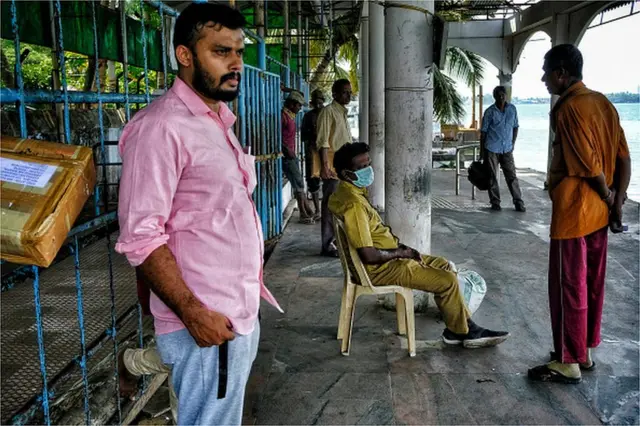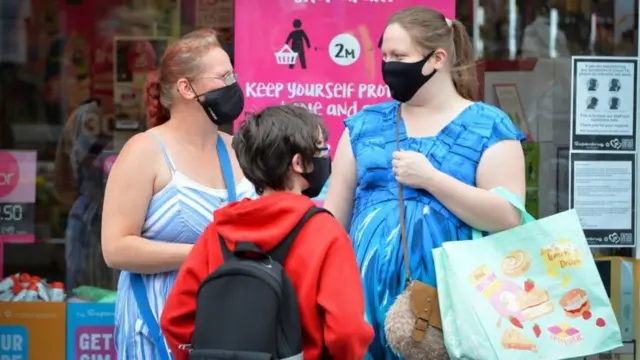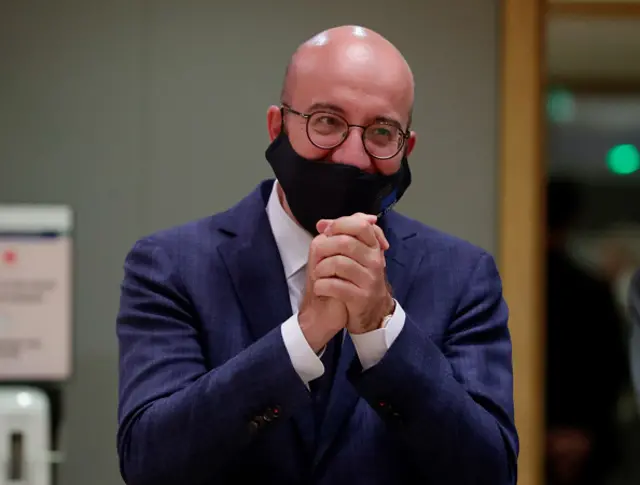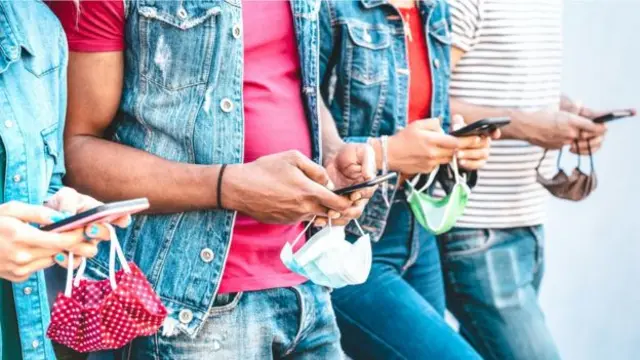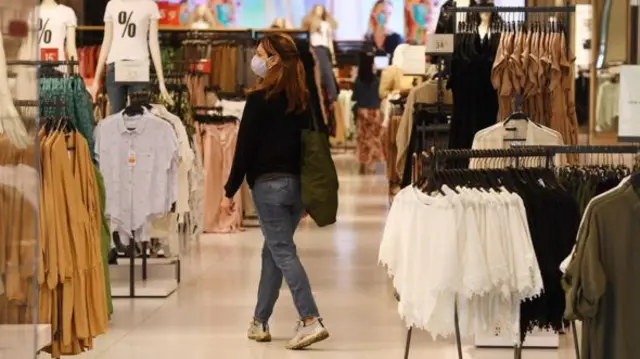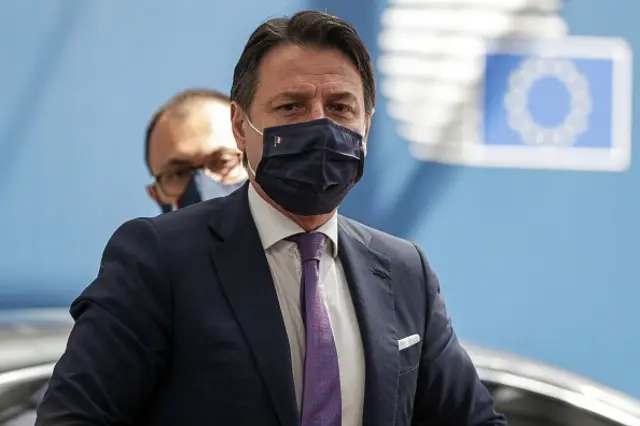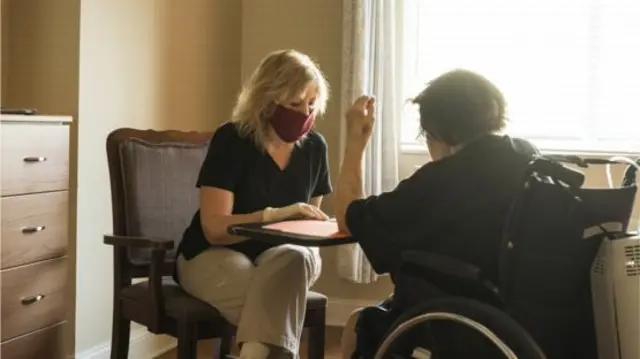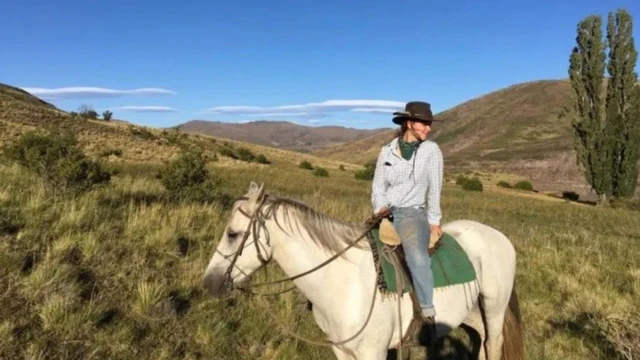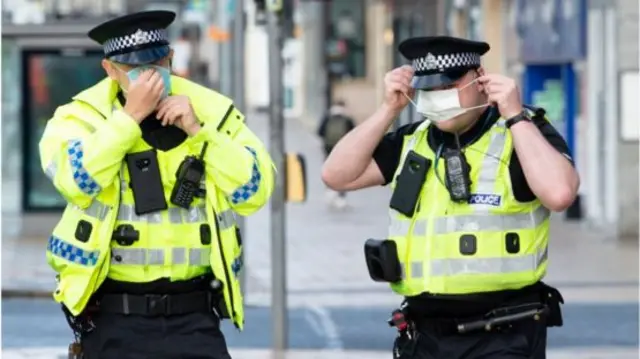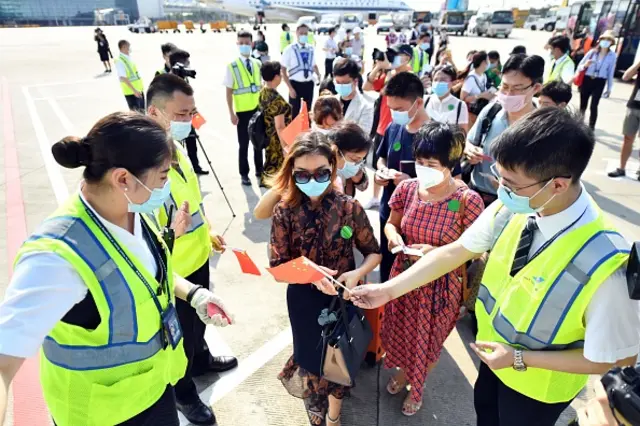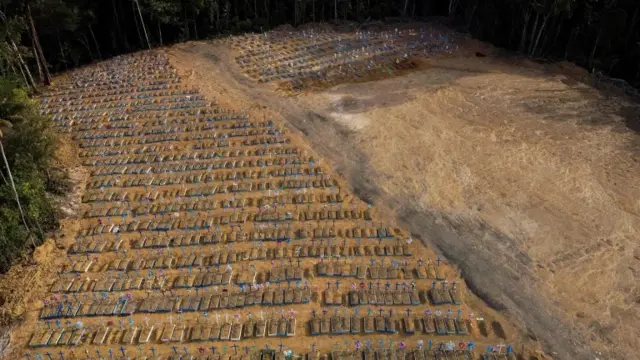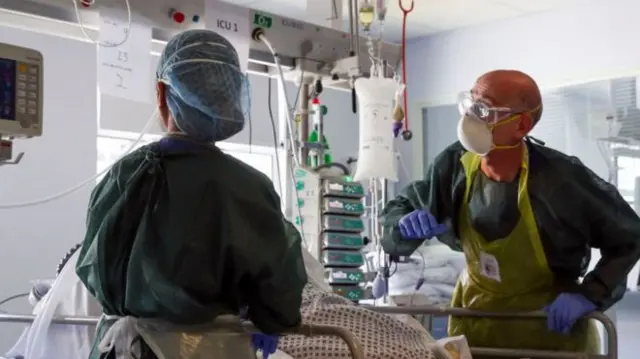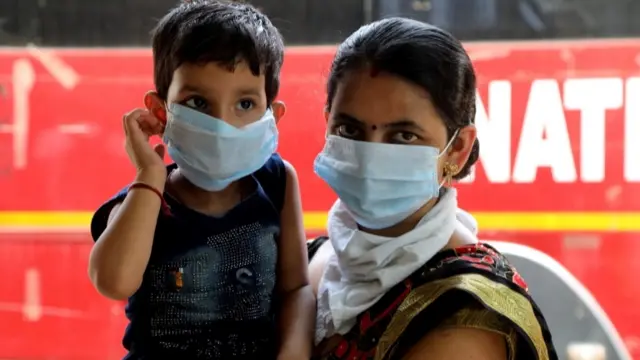The EU deal: How much will each country receive?published at 10:52 BST 21 July 2020
Several countries have announced how much of the EU’s €750bn recovery package will be made available to them.
Those that had the most severe coronavirus outbreaks, Italy and Spain for example, will receive the most financial support from the EU. Here is what we know so far about how the funds will be distributed:
- As reported earlier, Italy has been given €209bn, including €81bn in grants and €127bn in loans
- The deal will see €140bn sent to Spain, €72.7bn of which will be grants and the rest in loans
- Greece said the EU would allocate it around €72bn to help deal with the fallout from Covid-19, but did not specify if that was in the form of grants or loans
- France's government said it would get €40bn in subsidies as part of the deal, with further details of its recovery plan to be announced on 24 August
